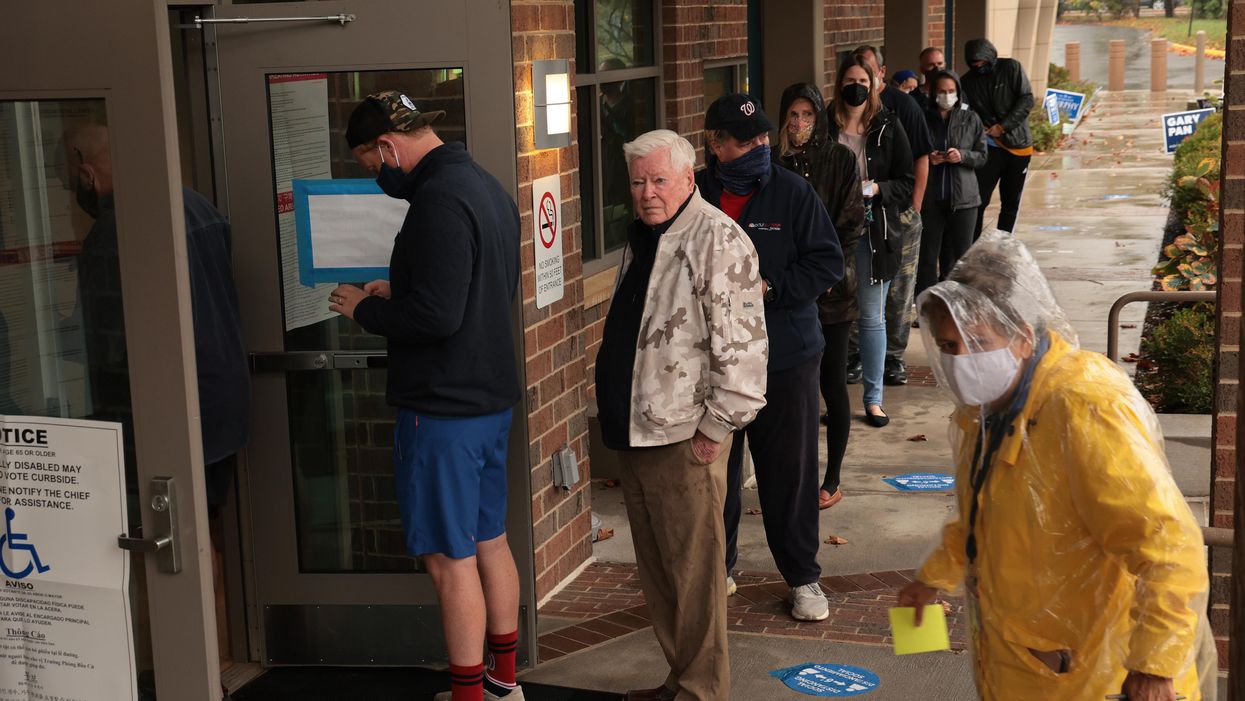Tuesday is Election Day, but only in some parts of the country will voters get the day off to cast their ballots.
Voters in more than one-third of the country enjoy some form of an Election Day holiday, according to RepresentUs. Most of these 19 states' policies only cover general elections, though.
The Freedom to Vote Act, federal legislation that would enact sweeping election reform, includes a provision that would make Election Day a national holiday for federal contests. Voting rights advocates say this simple change would significantly boost voter turnout because more Americans would have time off work to cast a ballot.
However, passing the Freedom to Vote Act remains out of reach while the Senate's filibuster rule, which allows a minority of 40 senators to block legislation, remains in place. President Biden said during a CNN town hall last month that he would be open to filibuster changes in order to pass the Democrats' long-stalled electoral reform legislation.
In the meantime, here are the states that already have policies givng voters time off to cast a ballot:
- The three states with the broadest Election Day holiday policies are Indiana, West Virginia and Wisconsin. These states recognize primary and general elections for municipal, statewide and federal offices as legal holidays.
- Pennsylvania classifies the third Tuesday in February (the primary election day) and the first Tuesday after the first Monday in November (the general election day) as legal half-holidays.
- Nine states classify general elections as holidays: Florida, Hawaii, Maryland, Montana, New Jersey, New York, North Carolina, Rhode Island and Virginia.
- Four more states only provide time off for biennial, even-year elections: Delaware, Louisiana, Michigan and New Hampshire. Additionally, Illinois approved temporary laws recognizing the 2020 and 2022 general elections as legal holidays. This policy expires in 2023.
- And in Kentucky, general elections for president are considered a state holiday.




















